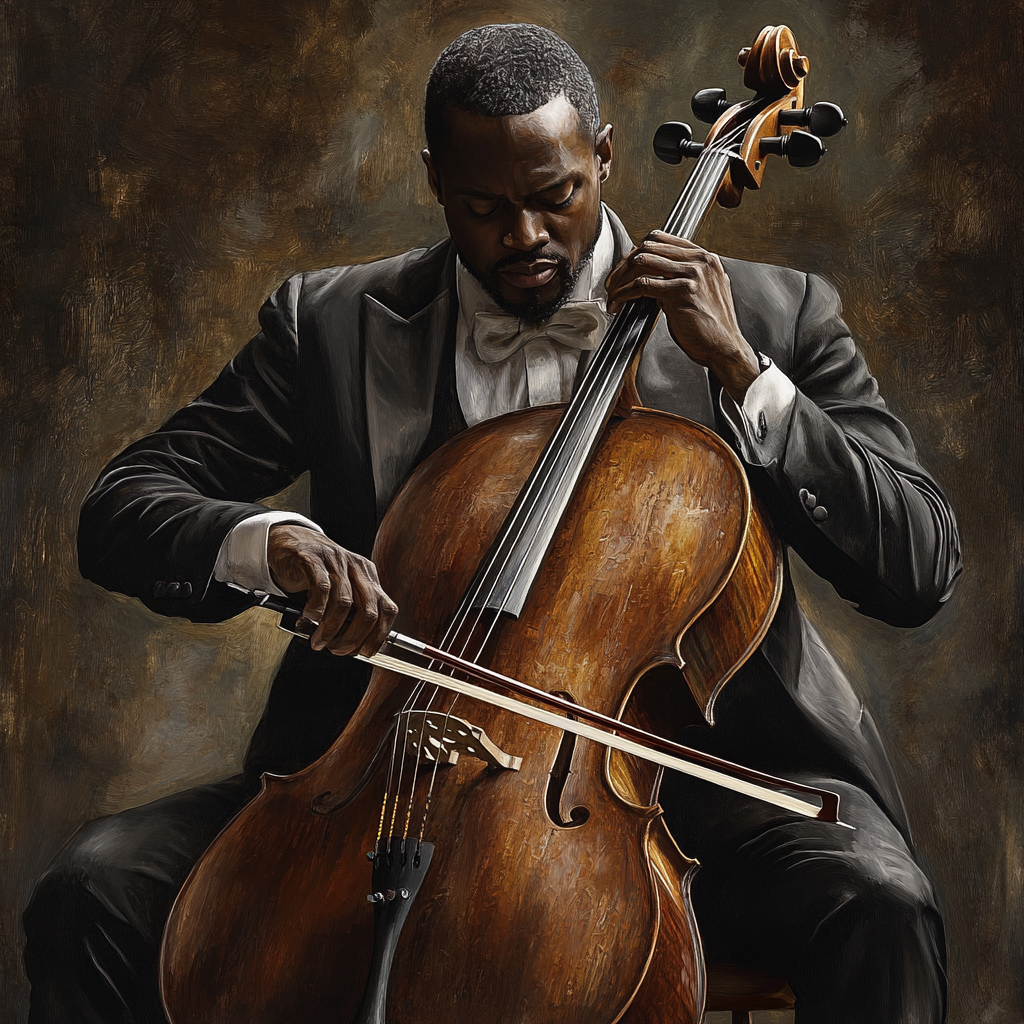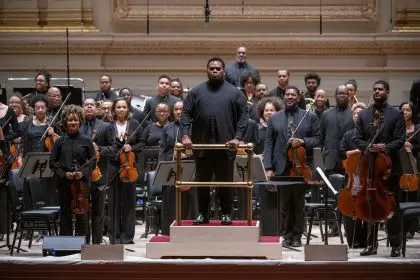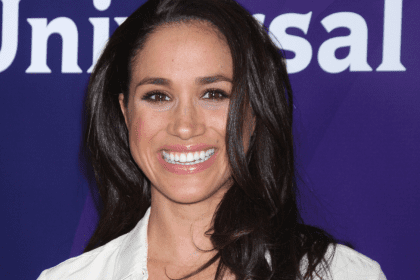The classical music world watched in dismay as rising star Sheku Kanneh-Mason, whose talent had previously graced the halls of Windsor Castle, found himself grounded in an all-too-familiar scenario of institutional oversight. The British cellist — who first captured global attention at Prince Harry’s and Meghan Markle’s wedding ceremony — encountered a situation that speaks volumes about the ongoing challenges faced by artists navigating corporate spaces.
The price of excellence
Picture this: A historic Venetian cello, crafted in 1700 by master luthier Matteo Goffriller, valued at over $3 million. This isn’t just an instrument; it’s a piece of history, a vessel of cultural heritage and the voice through which Kanneh-Mason speaks to audiences worldwide. Yet, when it came time to board an Air Canada flight for a highly anticipated performance in Toronto, this priceless artifact was treated with less consideration than standard luggage.
When preparation meets pushback
Despite having meticulously planned ahead and secured a dedicated seat for the instrument — a standard practice for musicians of this caliber — Kanneh-Mason and his sister Isata found themselves in an all-too-familiar position of having to justify their professional needs to a system seemingly designed to resist them. The siblings, who had already navigated delays and cancellations, were ultimately denied boarding with the cello. They were forced to postpone their performance at Toronto’s prestigious Koerner Hall.
The ripple effect
The impact of this incident extends far beyond one canceled concert. Over a thousand ticket holders were left disappointed. More significantly, it highlighted the persistent hurdles that can materialize even for those who have reached the pinnacle of what’s perceived as a “white” profession. This situation resonates particularly strongly with professionals who know all too well how excellence doesn’t always guarantee smooth sailing through institutional channels.
Redefining the conversation
The response from Kanneh-Mason’s team has been measured but pointed. While Air Canada has issued refunds to ticket holders, the absence of a formal apology speaks to a broader pattern of institutional responsibility — or lack thereof. The management team’s push for constructive dialogue with the airline industry represents more than just damage control; it’s an attempt to create lasting change in a system that often fails to recognize and accommodate excellence in all its forms.
Beyond the incident
This situation illuminates larger questions about how institutions adapt — or fail to adapt — to the needs of professionals who don’t fit into standardized procedures. The classical music world — traditionally seen as a bastion of European tradition — is evolving. Artists like the Kanneh-Mason siblings represent this evolution, but the systems they must navigate haven’t always kept pace with change.
Moving forward
The resolution to this particular incident may come in the form of policy changes and improved protocols, but the conversation it sparks is arguably more valuable. It raises questions about how industries can better serve professionals who bring unique needs and invaluable contributions to their fields. The Kanneh-Mason siblings’ experience serves as both a cautionary tale and a call to action for institutional change.
The bigger picture
As we witness more barriers being broken in classical music and other prestigious fields, it becomes increasingly crucial for supporting industries to evolve accordingly. The transportation of a $3 million cello isn’t just about moving an instrument; it’s about respecting and facilitating excellence — regardless of who carries it or where they’re headed.
The incident with Air Canada represents more than a logistical failure; it’s a reminder that the path to excellence often involves navigating systems that weren’t necessarily designed with all performers in mind. As artists like Sheku Kanneh-Mason continue to reshape the classical music landscape, the hope is that industries will recognize the need to modernize their approach to supporting diverse talent.
The future of classical music — and indeed, all professional fields — depends not just on nurturing exceptional talent but on ensuring that the systems and institutions meant to support this talent are truly equipped to do so. As this story continues to resonate, it serves as both a reflection of current challenges and a catalyst for necessary change in how institutions interact with excellence in all its forms.













